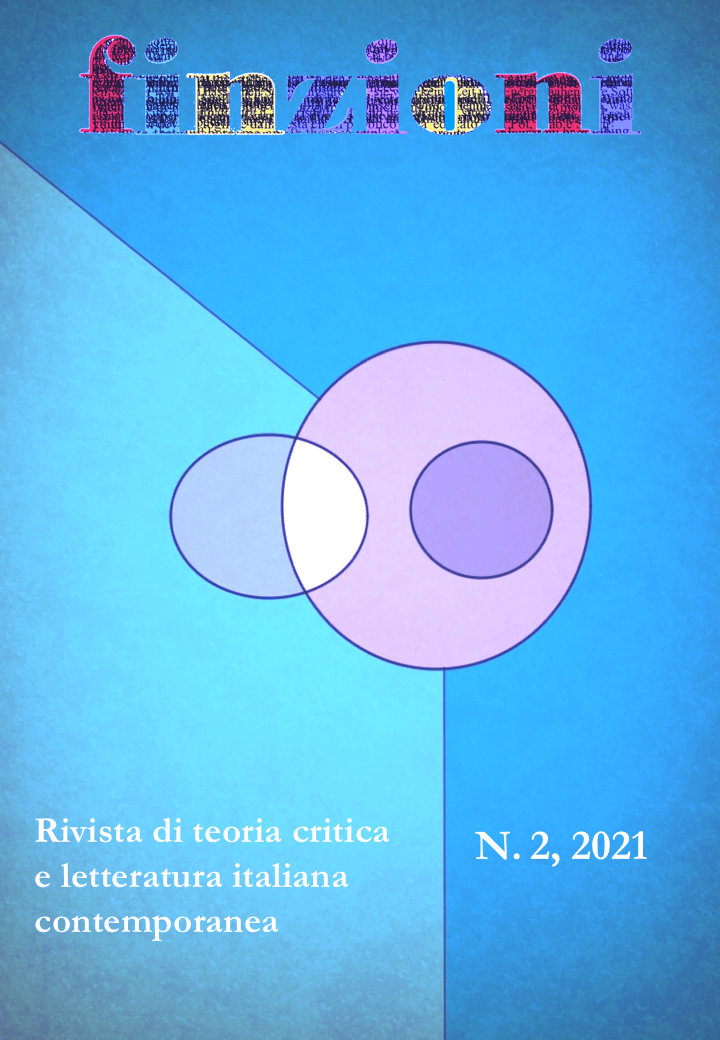The dream of a carnival night. The grotesque miracles of Valle-Inclán and Fellini
DOI:
https://doi.org/10.6092/issn.2785-2288/14177Keywords:
Fellini, Valle-Inclán, Grotesque, Esperpento, NeorealismAbstract
In 1948, a young screenwriter named Federico Fellini wrote the main argument on which Rossellini based his medium-length film Il Miracolo. After the screening, an accusation of plagiarism was brought upon the film. The many thematic and tonal similarities with a novel written by a Spanish author, Ramón del Valle-Inclán, provoked an enraged review written by a Spanish-born critic in an Argentinian journal. Even though we doubt the true presence of an appropriation by the film, it is uncanny how their worlds, that of Valle-Inclán’s esperpento and the future director’s farce, intersect through the aesthetics of the grotesque. This paper focuses on some of the interesting parallels that connected these two great creators.
Downloads
Published
How to Cite
Issue
Section
License
Copyright (c) 2021 Manuela Partearroyo

This work is licensed under a Creative Commons Attribution-ShareAlike 4.0 International License.





